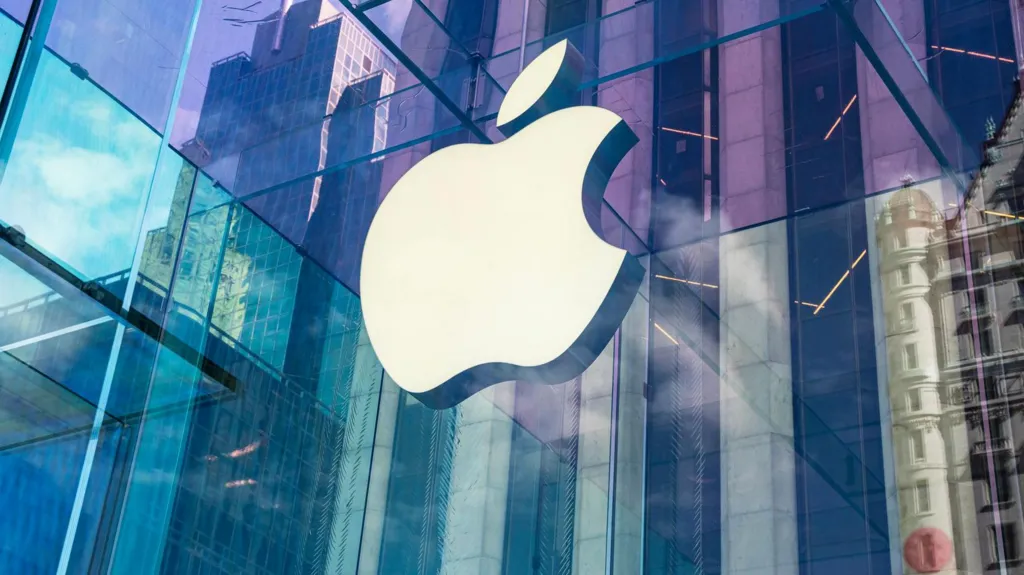Court Documents Reveal UK Sought Wider Access to Apple User Data, Including Non-UK Users

New court documents have revealed that the UK government may have pushed Apple harder than previously known for access to user data — potentially even targeting data belonging to users outside the UK, including American citizens.
The revelations come amid an ongoing privacy row between Apple and the UK Home Office, following the government’s demand for access to data encrypted by Apple’s Advanced Data Protection (ADP) — an optional feature that provides end-to-end encryption for iCloud data.
Beyond Just ADP?
Previously, it was understood the UK’s request focused solely on data stored through ADP. But a new filing from the Investigatory Powers Tribunal (IPT) — the body that handles complaints about surveillance and intelligence services — suggests the scope may have been much broader.
According to the document, Apple was served with a Technical Capability Notice (TCN) between late 2024 and early 2025. That notice required the company to “maintain a capability” to access and decrypt a range of user data stored in iCloud — not just content encrypted via ADP.
Crucially, the notice wasn’t limited to UK-based users, stating it applied “globally in respect of the relevant data categories of all iCloud users.”
This appears to contradict earlier statements from U.S. officials, including Director of National Intelligence Tulsi Gabbard, who said on August 19 that the UK had backed down from its demand, which would have amounted to a “back door” into encrypted data — something Apple has long opposed.
What Is ADP and Why Does It Matter?
Advanced Data Protection is an opt-in feature that encrypts nearly all iCloud data so securely that even Apple can’t access it. While it enhances user privacy, it also comes with a trade-off: if users forget their password or lose access to their account, Apple can’t help recover their data.
While the UK government claims the demand was driven by national security concerns, privacy advocates — particularly in the U.S. — saw it as a threat to global user privacy.
Following the backlash, Apple disabled ADP for UK customers, though it has stayed silent publicly on the court proceedings and specifics of the TCN.
Global Pushback and Legal Uncertainty
The latest court documents raise fresh questions:
- Has the UK fully dropped its demand, as the U.S. claimed?
- Or is it continuing to seek global access quietly through legal channels?
Neither Apple nor the UK Home Office has commented on the new details. However, Apple has consistently stated it “would never build a back door” into its products and views privacy as a “fundamental human right.”
Cybersecurity experts warn that once such an access point is created — even for governments — it inevitably becomes vulnerable to misuse by hackers or hostile actors.
A Familiar Standoff
This isn’t Apple’s first showdown with governments over encryption:
- In 2016, Apple refused a U.S. court order to help unlock an iPhone used in a mass shooting.
- In 2020, it again declined to assist in unlocking devices tied to another U.S. gunman.
To date, no Western government has successfully forced Apple or other tech giants to weaken their encryption — a battle that pits national security concerns against individual privacy rights in the digital age
